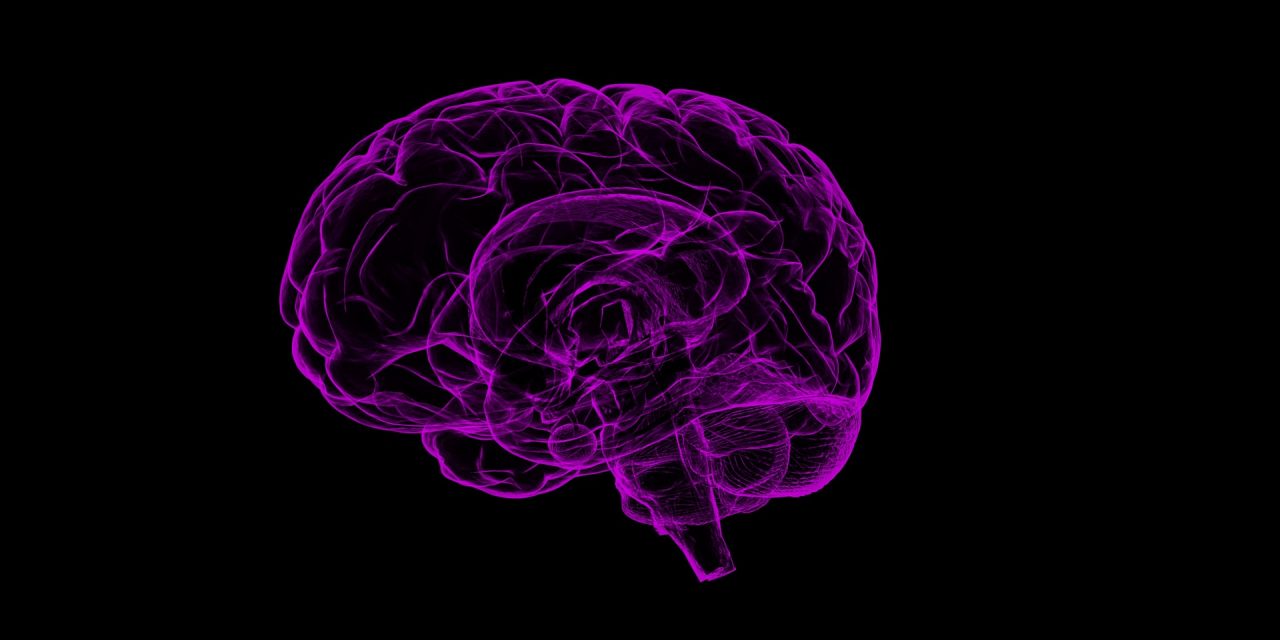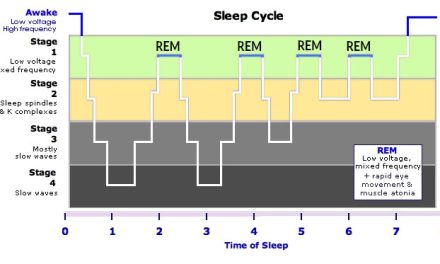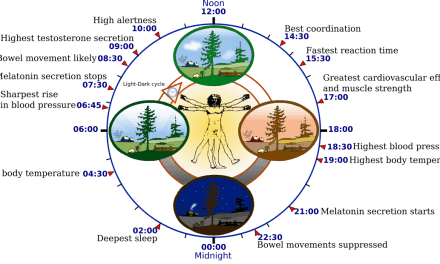Table of Contents
The Brain’s Nightly Cleaning Process
Introduction to Metabolite Clearance
Neuroscientist Jeff Iliff and a research team from the University of Rochester have published a study that reveals that the brain cleans itself while you sleep. This cleansing, when unimpeded can lower your risk of getting alzheimer’s disease. A dysfunction in this cleansing mechanism can lead to a buildup of toxins that can cause Alzheimer’s disease and other neurological disorders. The process is called Metabolite Clearance and is performed by a sack of fluid that is present between the brain and the skull.
Check out Dr. Iliff’s TED talk about how the brain cleans itself while you sleep:
The Role of Amyloid Beta
There is a protein present in the brain called amyloid beta. When this toxin is not flushed out properly by the body, it builds up and can cause neurological disorders like Alzheimer’s. When you are awake, amyloid beta levels in the brain go up, and during sleep, they go down. The core of Iliff’s research lies in determining why the levels go up during the day and go down at night.
Observing the Brain’s Processes
Using a powerful microscope, Iliff and his team can actually look into a living sleeping brain and look at its processes. The microscope reveals that the brain is a complex network of blood vessels that deliver oxygen and nutrients to the brain’s cells.
Waste Removal in the Brain
The brain’s cells are fed by the many blood vessels that circulate throughout it. But these cells also produce waste. In the rest of the body, it is generally the job of lymph vessels to carry the waste to blood vessels. In turn, the blood vessels carry the waste-laden blood to our liver where it is filtered and eliminated through urine.
The Role of Cerebral Spinal Fluid
But, there doesn’t appear to be any lymph vessels in the brain. Instead, the brain cleans itself with the help of a sac filled with fluid. The fluid is called cerebral spinal fluid. This is actually an ingenious design characteristic of the human brain. The brain is surrounded by a rigid skull that cannot expand. In light of this, the human body it has come up with an ingenious way to clear away waste, within the restricted space of the skull. Instead of having both lymph vessels and blood vessels, the brain sends the cerebral spinal fluid along the path of its blood vessels, thus circumventing the need for lymph vessels. The cerebral spinal fluid is essentially “piggybacking” along the brain’s blood vessels in order to reach all of its areas and flush out the waste between the cells.
Daytime and Nighttime Processes
In the daytime, the sack fills with fluid and at night, it empties and rinses the brain of waste and toxins. When the fluid empties into the brain for cleansing, it follows the path of the blood vessels in order to access all of the brain’s areas. As the fluid travels along the path of the blood vessels, it flows in between the brain’s billions of cells and effectively flushes away waste and toxins.
Changes During Sleep
At night, something begins to change within the tissue of the brain. Dr. Iliff has observed that the support cells of the brain actually shrink during sleep. The shrunken brain cells allow enough space for the cleansing fluid to pass through and carry away waste.
Unique Flushing Process
This flushing process is unique to the brain. No other part of the body functions this way to clear away waste. The nighttime cleaning process is kind of like a dishwasher for the brain.
Research on Amyloid Beta Protein
Dr. Iliff’s research team wanted to know more about the amyloid beta protein. The amyloid beta is the protein that builds up in the brains of people that suffer from Alzheimer’s disease. Their research into knowing more about it has led them to stumble upon the brain’s nighttime cleaning process.
Day and Night Fluctuations
During his research, Dr. Iliff discovered that the amount of amyloid beta protein in the brain would rise during the day and fall during the night. The flushing process is the reason why the protein is more present in the daytime than it is at night.
Implications for Alzheimer’s Disease
If the brain’s flushing process does not function properly, the amyloid beta protein can build up as plaque. Alzheimer’s sufferers tend to have a buildup of plaque that may be due in part to lack of sleep. The disease may develop because of a dysfunction of a disruption in the brain’s nightly flushing process.
Correlation Between Sleep and Amyloid Beta
Dr. Ilif has found a correlation between lower sleep duration and quality and increase of the amyloid beta plaque burden in the brain. The failure of the brain to adequately clear away the amyloid beta toxin can set the stage for the development of neurological diseases like Alzheimer’s.
Conclusion: The Importance of Sleep
So, put the chances of avoiding Alzheimer’s on your side. Maintain a regular sleep schedule and get enough sleep!



















Oh man, I wish I had your life! It sounds so great to be able to live organically, eat your own home grown food, to know about the wild foods that are edible and be able to gather and eat them, and live in a great place like Colorado! I have always wanted to live there, but I am stuck in CA and Las Vegas. I have chronic pain and I cannot sleep. I have huge problems with memory, especially words during conversation. Since I saw your video on youtube, I am really afraid that I am getting Alzheimer’s.
Hi Ruth,
I hope the article didn’t get you more worried about any health symptoms you may be experiencing. In any case, worrying about it may be even more detrimental to your health. I suggest seeking the diagnosis of a doctor before jumping to any conclusions about Alzheimer’s. In any case, the connection between sleep deprivation and Alzheimer’s may only be one small contributing factor to the onset of the disability.
All the best,
Daniel